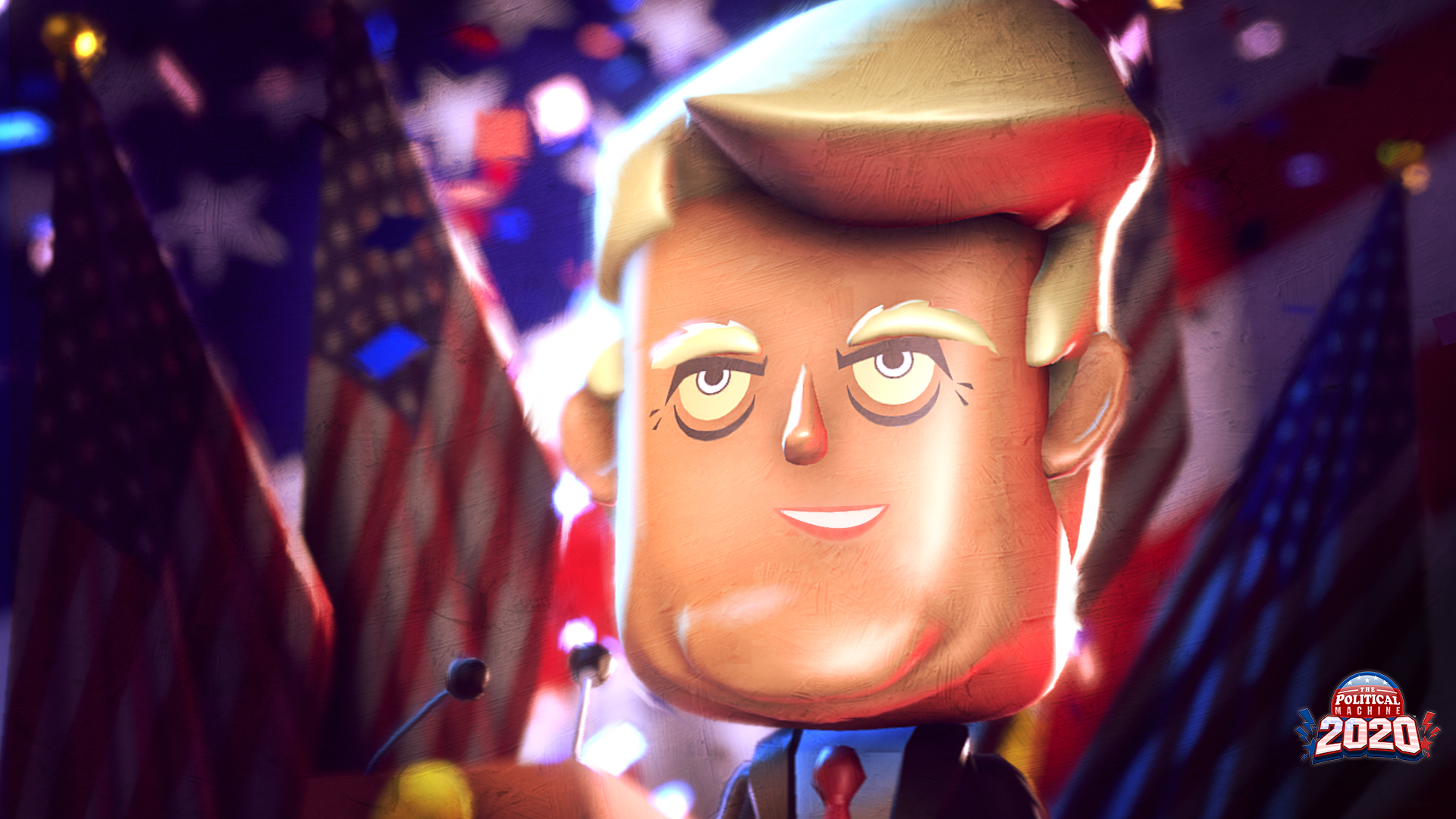Turbulent political times inspired a host of simulation games, but how do those games impact their players?
You are the president. Not the president of the United States, France or South Africa, but of a country in Latin America. Its name is not important. After three and a half years in power, you are approaching potential re-election. You have survived a coup attempt, corruption scandals, and inflationary pressures. Your opponent has just launched a series of adverts attacking you. Your poll numbers are dropping by the day and your electoral prospects are hanging by a thread. A media executive approaches your team, saying he can boost your popularity and ensure re-election through a coordinated fake news campaign. What do you do? Swipe left to dismiss him, swipe right to agree on a deal.
Your bus has arrived, so you slip your phone into your pocket and forgo the decision – and your political future – for a few more hours. You were playing Senhor Presidente, a mobile game that simulates the life of a Latin American president. Your goal is to remain in office for two full terms.
The game was created by Eric Anderson, a Brazilian video game developer, and was released a month before Jair Bolsonaro’s election in 2018. Anderson says that he wanted to create a game that reflected the drama of Brazilian politics and the difficulty of being president. With the impeachment and imprisonment of successive presidents, he, like the rest of Brazil, had been “breathing politics for years,” and wanted to channel that interest into a game.



Screenshots from Senhor Presidente. Photo credit: GameLoop
Simulation games have grown in popularity and scope since the release of the Sims. Today, you can find video games that simulate experiences as varied as managing a restaurant, washing cars or being a goat. As a sub-genre, political simulation games explore various aspects of political life. From balancing government budgets to running election campaigns and creating government policy, these games immerse players in the dynamics of a given political system.
The games vary in their faithfulness to real-world political processes, but all offer a different way to engage with politics. Daniele Battista, a research fellow in cultural and communicative processes, views these games “as powerful tools not only for educating those who are already interested in politics but also for attracting and engaging people who might not have an initial interest”. While Senhor Presidente lifts from past political history, it does not attempt to be an exhaustively realistic portrayal of presidential rule.
“Politics is complicated,” says Anderson. “You have to simplify things to get people to engage with the game. It’s often a trade-off between mass appeal and realism.” Anderson and his team attempted to balance jokey elements – a senator proposing legislation for a Purge-like killing day – with realistic political decision-making.
The formula proved a success. With limited marketing, it had tens of thousands of downloads from the Google Play Store. The game was re-released before the 2022 Brazilian general election and, with no additional advertising, was downloaded thousands of times. For Anderson, this shows the appetite for political video games during a heightened political debate.

The Political Process, a game that simulates US electoral politics, has taken a different approach. What began as a federal budget simulator now encompasses the entire electoral process. Players can create their own politicians and run in any of the over 3,000 counties of the US. If elected, they can write legislation and attempt to balance government budgets. The game uses actual census and election data to make the experience more realistic.
For one player, who goes by the name Priscilla, it is the realism that draws them to the game. “It keeps players engaged and adds to the fun,” they say. “You can see how changing the minimum wage can impact the economy or how lowering tuition raises education levels. It’s important so players can see the fruits of their efforts.”
The granular detail and wide array of policy tools sets the Political Process apart from many other simulation games. However, as one Reddit user highlights, those characteristics make attracting a broader audience difficult. “Unfortunately, I think you’ll find the kind of people to buy this game were already very, very into politics to begin with,” they say.
Verlumino, the company behind the Political Process, says games can make politics “more approachable and less intimidating”. Through gameplay, players learn how the political process works and gain a deeper understanding of political issues. “Games have the opportunity to show alternative perspectives and broaden a player’s understanding of the world,” they add.
While many young people are frustrated with real-world politics, Priscilla notes, they can “escape” to political simulation games where they have more control and can experience change. It is this ability “to make decisions and see the consequences of their actions in a realistic political context that makes the gaming experience very engaging,” says Battista.
It is as easy as a swipe across the screen and you are president. You expand social programs to appease progressive voters, and lower taxes to keep the business community happy. Your thumbs keep swiping. You stand by your principles and refuse to take part in any fake news campaign. You get trounced at the election. No matter. You can play again tomorrow.
Feature Image: Artwork from The Political Machine 2020. Photo credit: Stardock

